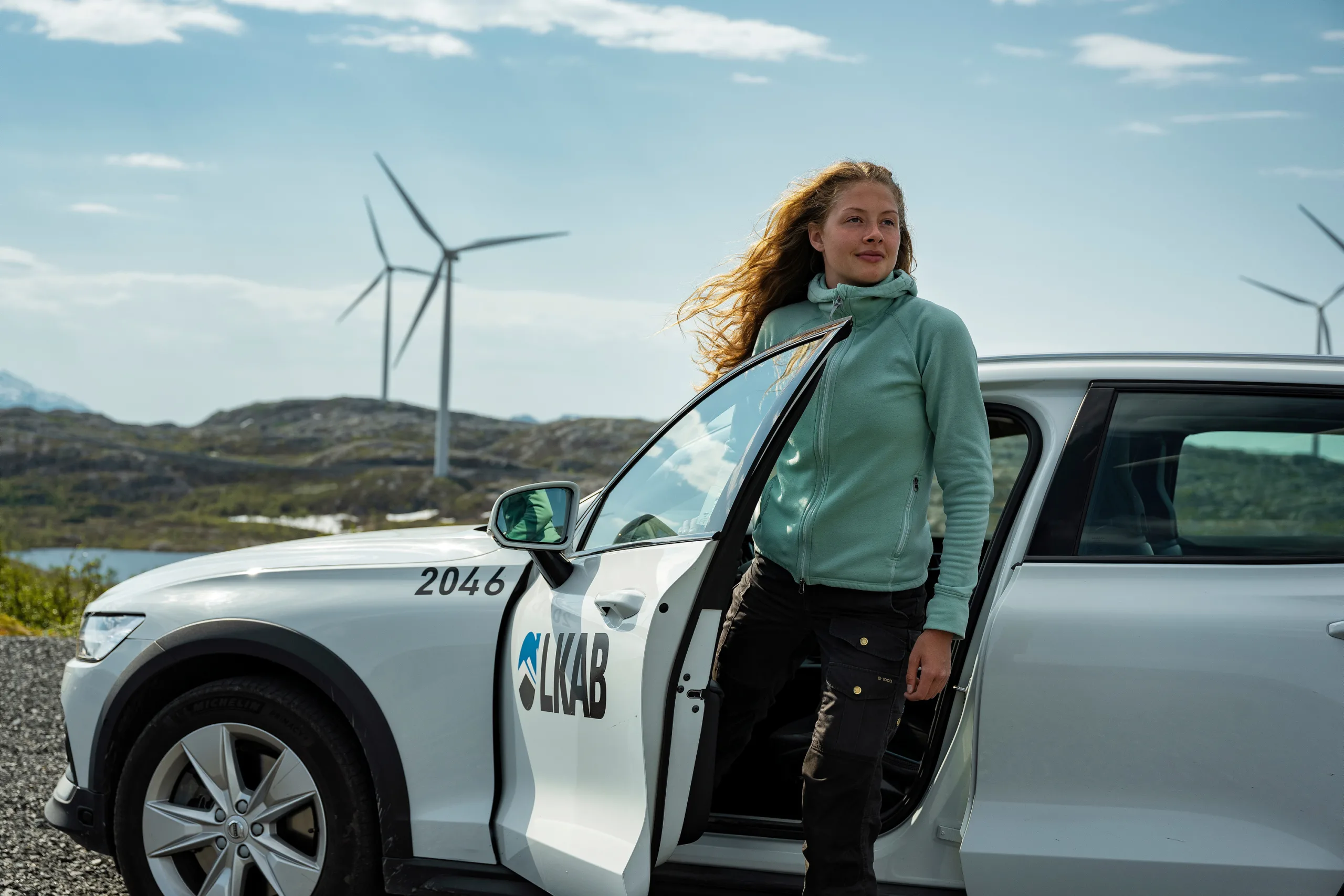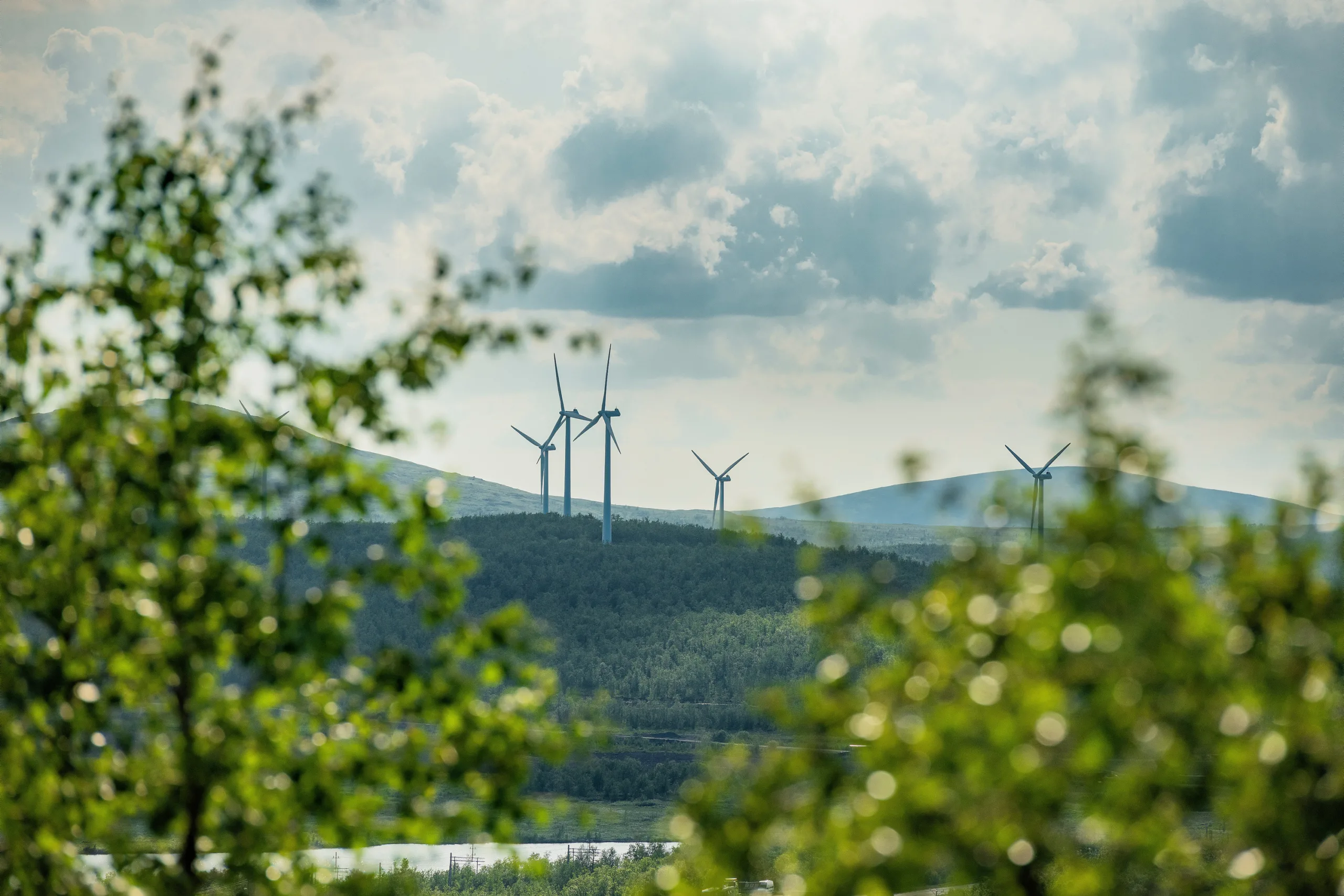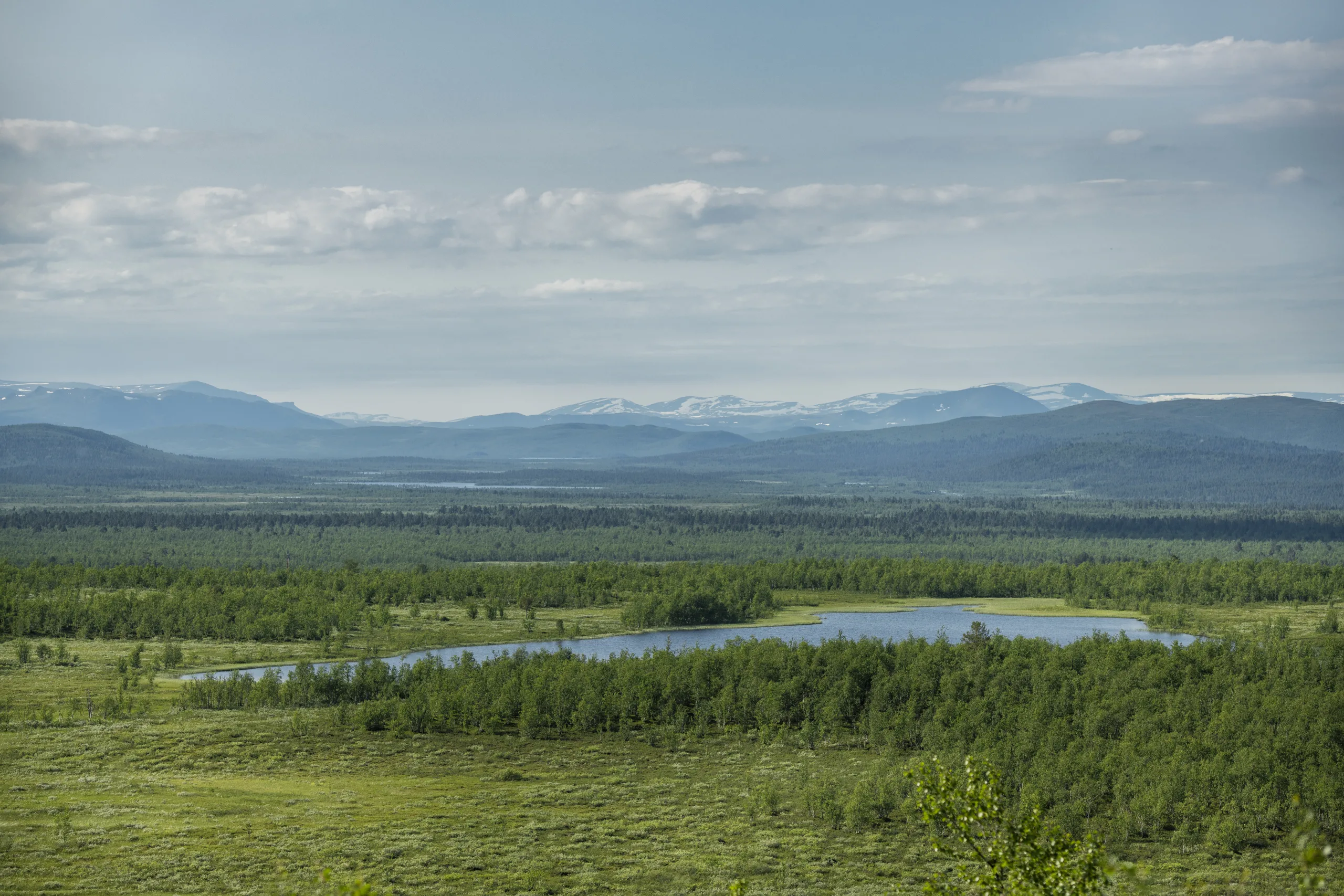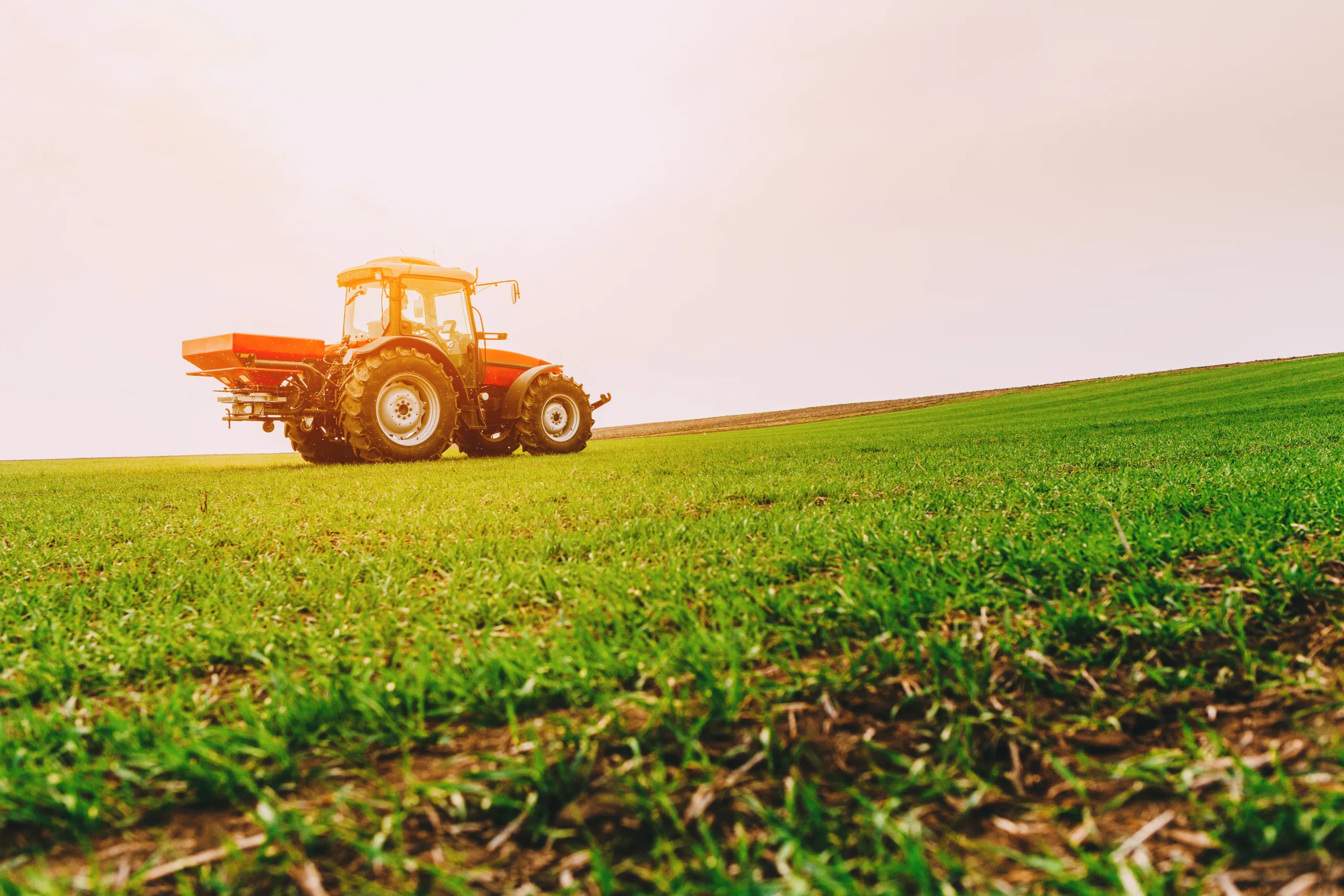
EU proposals are on the table and the direction is clear:
Raw materials should be extracted and processed here
We’ve had things easy for a long time now. Globalisation has enabled just-intime deliveries of whatever industry and trade need. Raw materials for our material consumption have often been extracted elsewhere. A large proportion of technology and goods have been produced outside of Europe.
Cheap, convenient and far away – with the environmental consequences out of sight. But now that’s going to change. A number of EU proposals are on the table. They are yet to be decided, but the direction is clear: more raw materials are to be extracted and processed here at home. More technology is to be manufactured in the EU.
Why change a winning concept?
Well, because the pandemic and Russia’s invasion of Ukraine have exposed the vulnerability of our dependency. When industries closed, production paused and transportation stopped during the pandemic, the repercussions were felt around the world. The globalisation that had served us well for so long, made our societies incredibly sensitive to disruption.
Alongside the humanitarian catastrophe in Ukraine, our trade flows, energy and raw material supplies were also disrupted. Necessary sanctions have been imposed on Russian fossil energy, raw materials and products – with significant consequences.
China’s attitude towards Taiwan has also played a role. How free would we in the EU be to make decisions on sanctions in a situation of Chinese aggression towards Taiwan, when it is we who are the most dependent party?


"Cheap, convenient and far away – with the environmental consequences out of sight. But now that’s going to change. A number of EU proposals are on the table. They are yet to be decided, but the direction is clear: more raw materials are to be extracted and processed here at home. More technology is to be manufactured in the EU."
I believe that free trade is good and that mutual interdependence builds a foundation for peace and prosperity.
But at the same time, we cannot risk becoming hostages in a trade war that would put the viability of large parts of industry and the welfare state at risk due to shortages of raw materials and components.
Increased domestic production within the EU is good and necessary. Circular flows can solve some of it, reduced and smarter material consumption can also contribute, but there is nothing at present to suggest that this can solve everything. If we are to have a green transition – with batteries, wind power, solar cells and biogas – then virgin raw materials are also needed. Extracting raw materials has environmental consequences, whether here or elsewhere. More extraction and production in the EU will mean that we increasingly have to deal with these consequences ourselves. There is nothing wrong with that, but it is bound to lead to environmental conflicts.
If these initiatives are to be realised, a serious discussion is needed on how we balance local, societal and global environmental impacts against each other. A minor local impact can today prevent the establishment of an activity that would have a very positive environmental effect on society, or that globally has the potential to reduce the environmental footprint of an entire industry.
It is as if our environmental legislation has been designed to enable us to continue pushing the problems away and let someone else, somewhere else, bear the negative consequences of our consumption.
Neither free establishment rights for mines and industries nor a right of veto for every not-in-my-backyard campaign will resolve this. It demands legally secure balanced consideration of different interests, without permitting processes that take an eternity.

"Environmental legislation has been designed to enable us to continue pushing the problems away and let someone else, somewhere else, bear the negative consequences of our consumption."

"Neither free establishment rights for mines and industries nor a right of veto for every not-in-my-backyard campaign will resolve this. It demands legally secure balanced consideration of different interests, without permitting processes that take an eternity."





